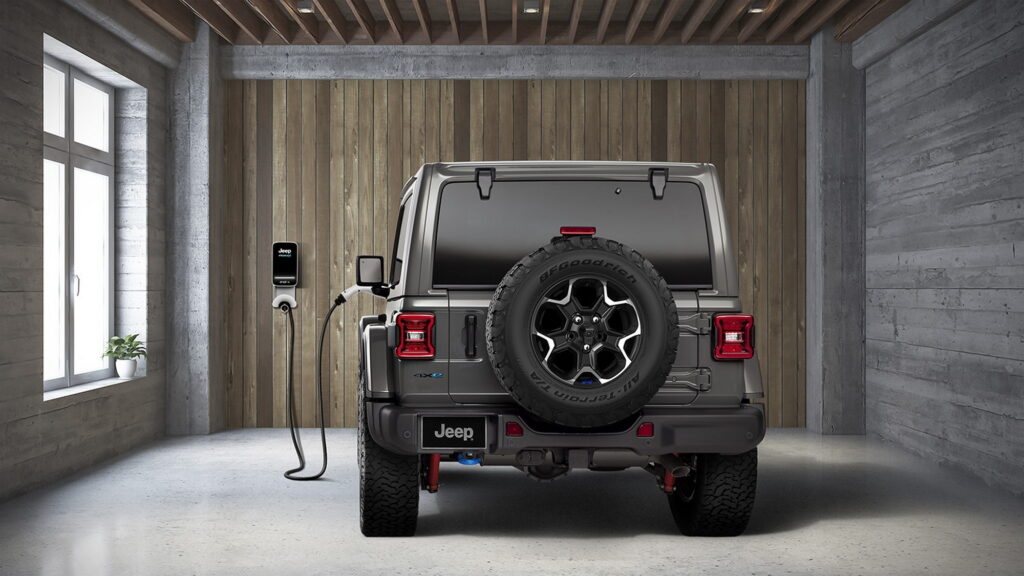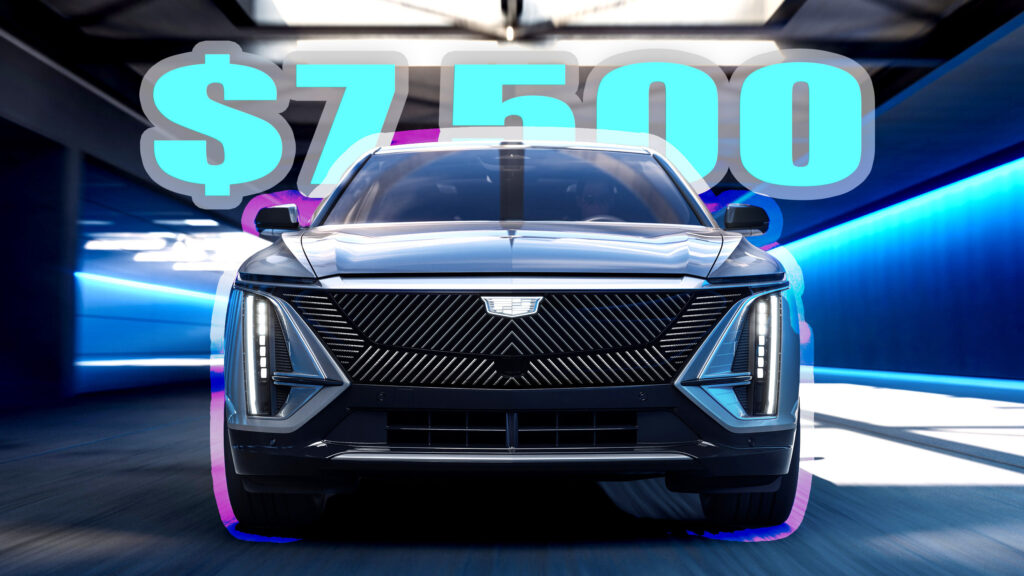Just 10 electric vehicles sold in the U.S. will be eligible for the full $7,500 EV tax credit when new rules take effect on January 1, 2024.
As recently confirmed, new rules are being implemented to persuade manufacturers to build and source EV materials in the U.S. The most important change means that EVs with battery components made or assembled by a company based in a ‘foreign entity of concern’ (FEOC) will not be eligible for the credit. These FEOCs consist of China, North Korea, Russia, and Iran.
Vehicles eligible for the full credit must use batteries that have at least 50% of their components sourced from the U.S., Mexico, or Canada, and the raw materials used in their batteries must be sourced from a country the U.S. has a free trade agreement with. So, without further ado, these are the ten EVs that will be eligible for the $7,500 tax credit from January 1, in order of cheapest to most expensive.
Chevrolet Bolt EV
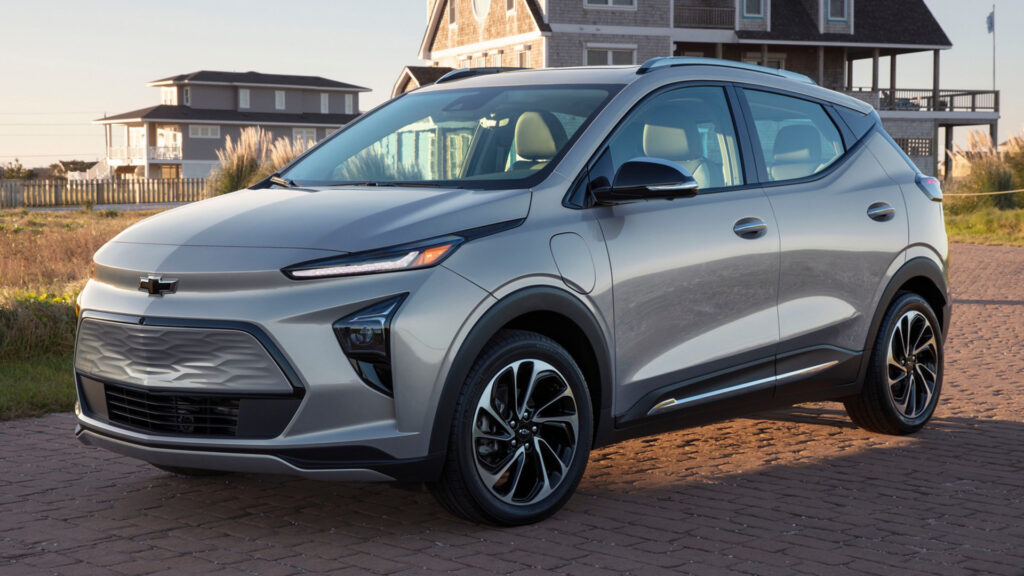
Chevrolet Equinox EV
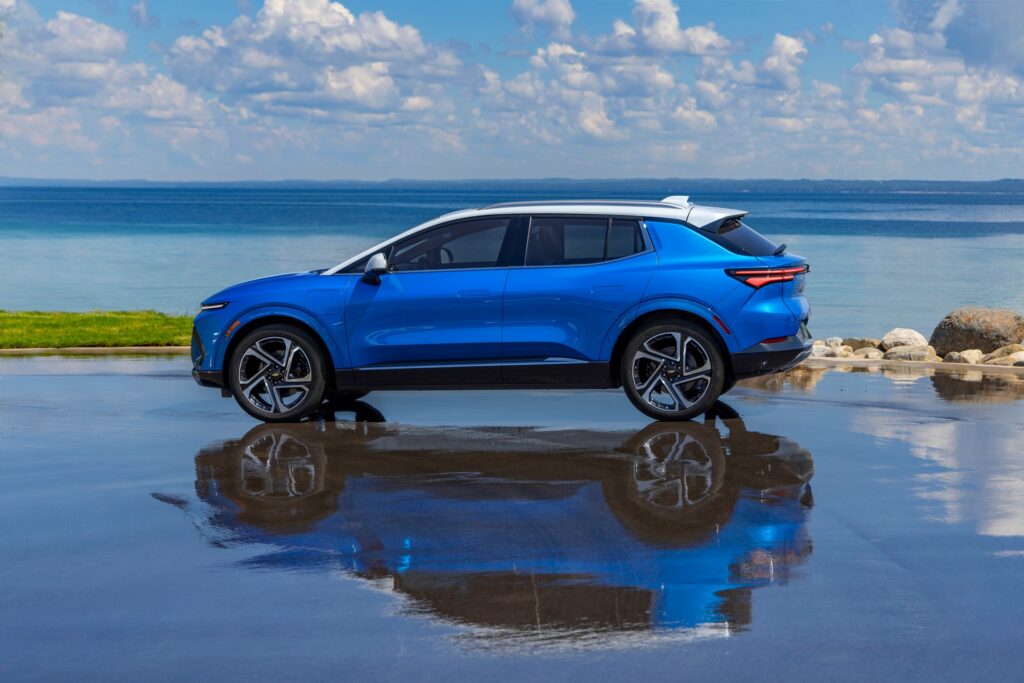
Ford F-150 Lightning
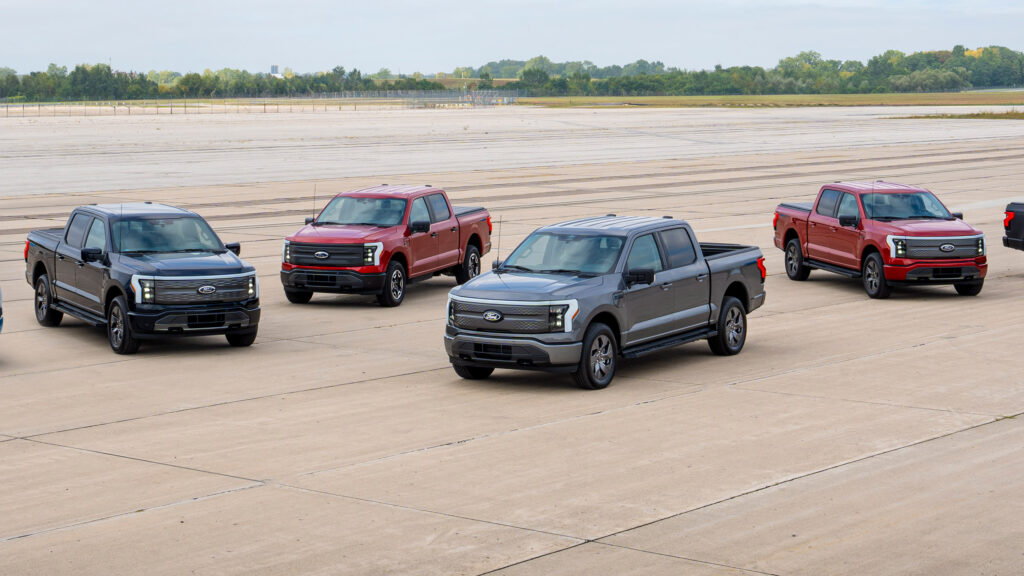
Tesla Model 3 Performance
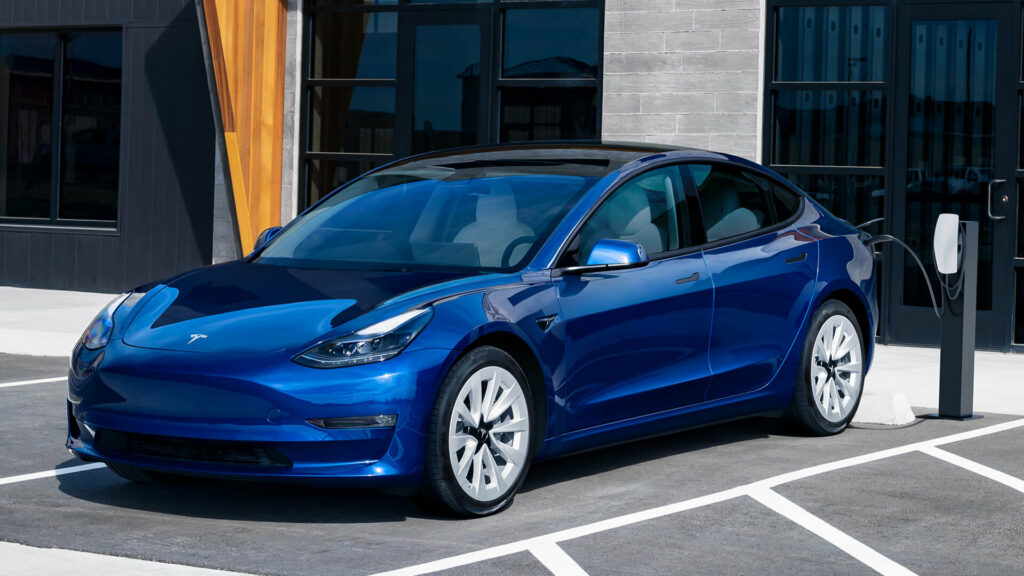
Chevrolet Silverado EV

Tesla Model Y Performance
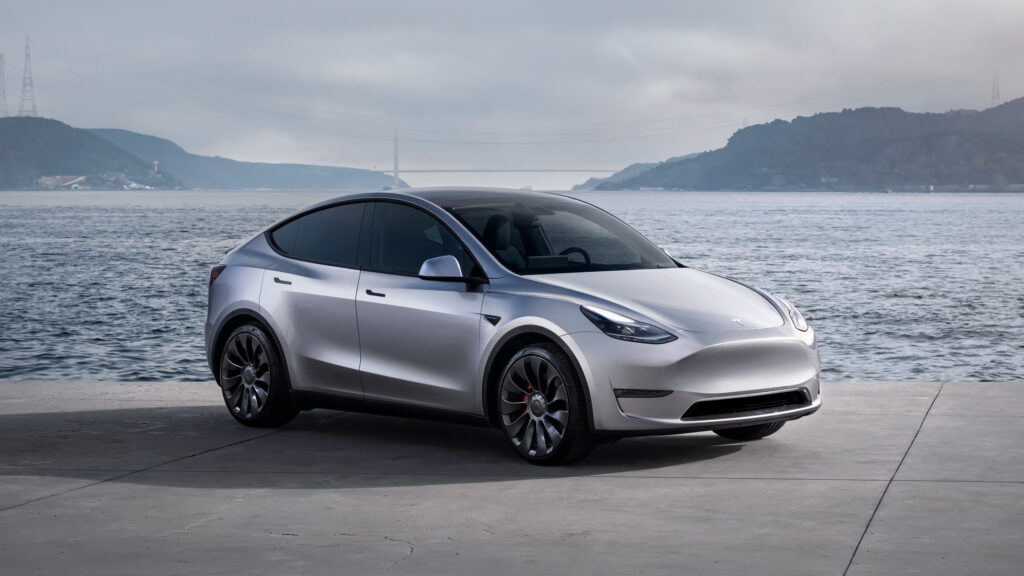
Chrysler Pacifica PHEV
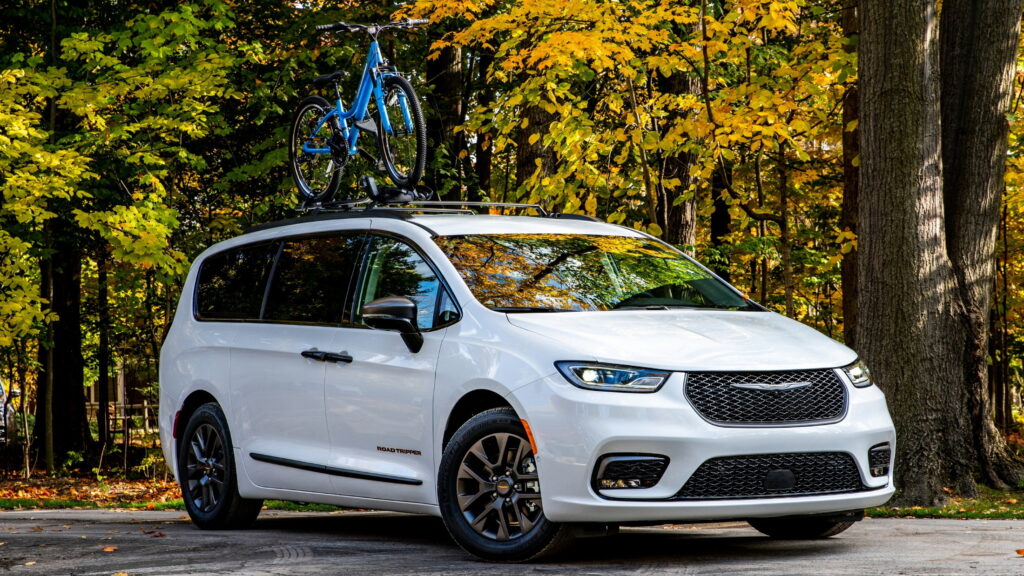
Chevrolet Blazer EV
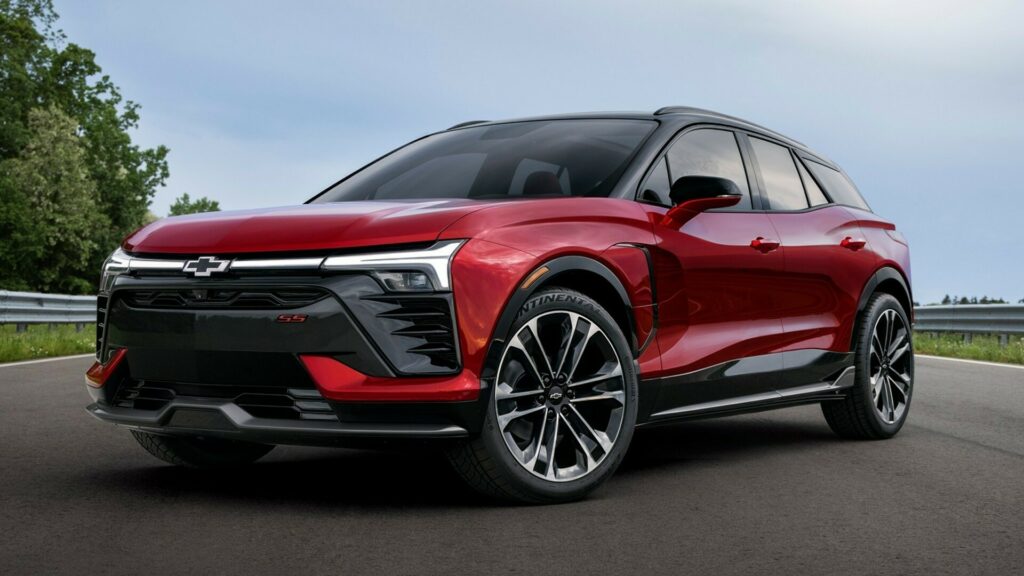
Cadillac Lyriq
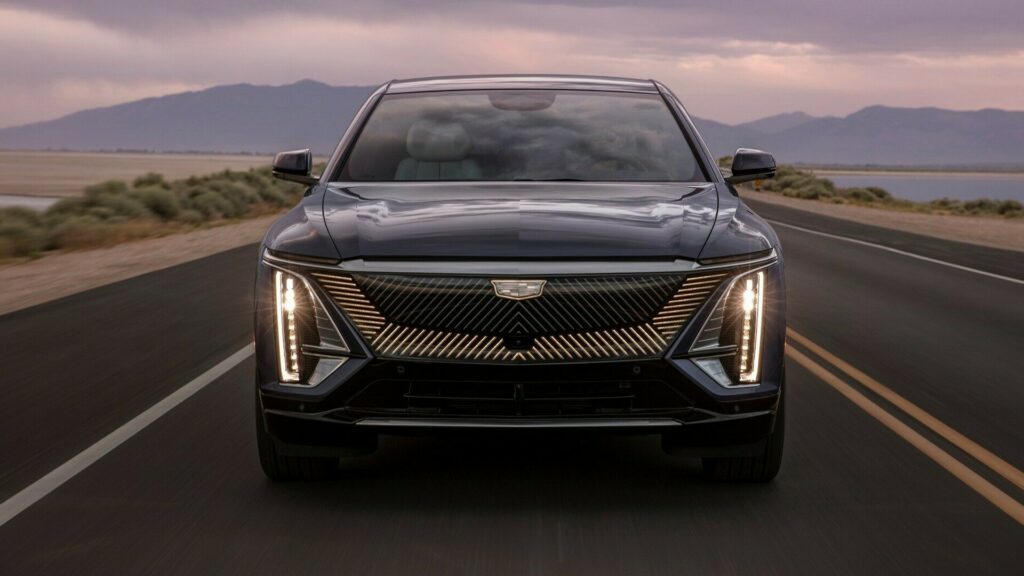
Tesla Model X
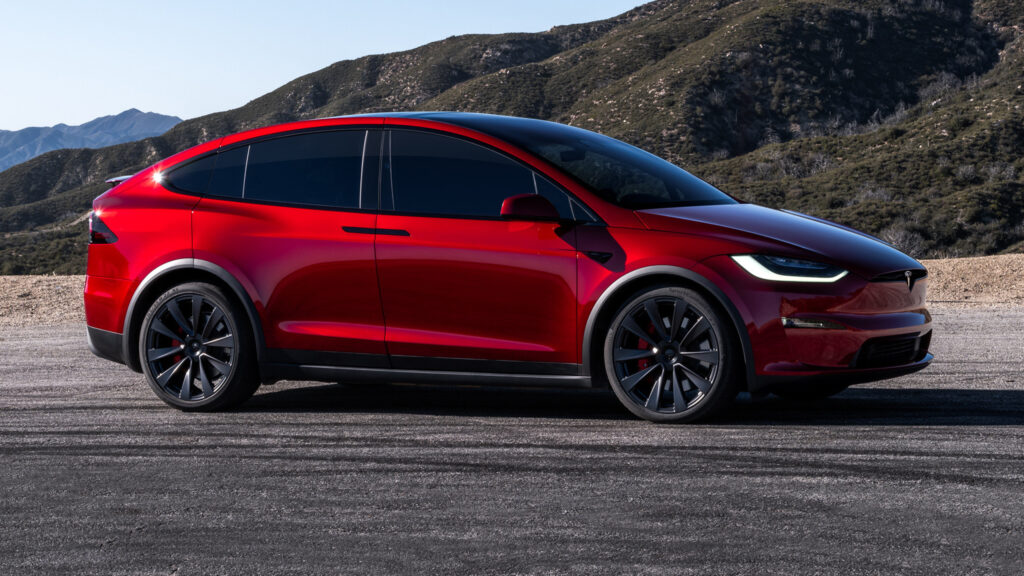
The tax credit also only applies to sedans that cost less than $55,000 and SUVs and pickup trucks priced at less than $80,000. Additionally, individuals who earn over $150,000 are not eligible for the credit, nor are couples earning more than $300,000.
Plenty of other vehicles will be eligible for half of the EV tax credit, or $3,750, from January 1. These are expected to include the Ford Escape PHEV, Ford E-Transit, Jeep Wrangler 4xe PHEV, Jeep Grand Cherokee 4xe PHEV, BMW X5 xDrive50 PHEV, Lincoln Corsair Grand Touring PHEV, Nissan Leaf, and both the Rivian R1S and Rivian R1T, Clean Technica reports.
